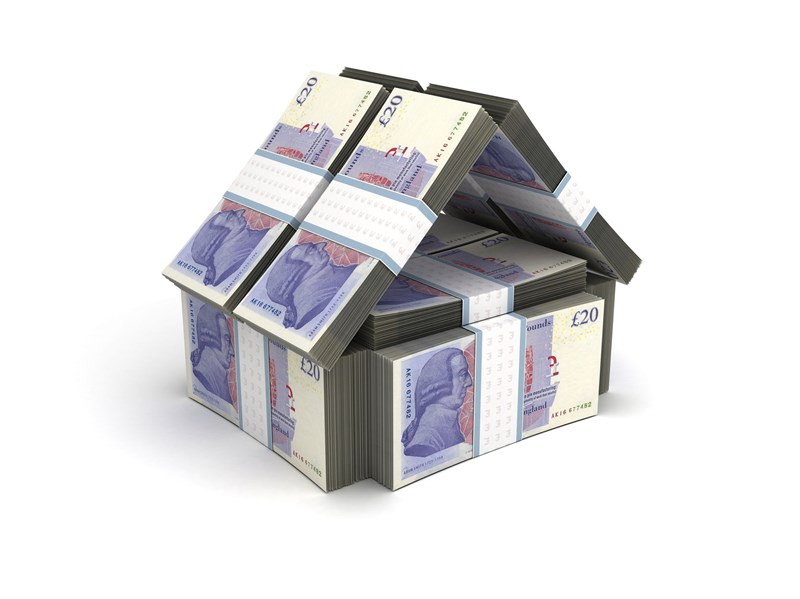Capital Gains Tax (CGT) is normally charged at a simple flat rate of 20% and this applies to most chargeable gains made by individuals. However, if you only pay basic rate tax and make a small capital gain, you may only be subject to a reduced rate of 10%.
Once the total of your taxable income and gains exceed the higher rate threshold, the excess will be subject to 20% CGT. A higher rate of CGT applies (18% and 28%) to gains on the disposal of residential property (apart from a qualifying principal private residence). There is an annual CGT exemption for individuals of £11,700 for the current tax year and this will increase to £12,000 from 6 April 2019.
The usual due date for paying any CGT you owe to HMRC is the 31 January, following the end of the tax year in which a capital gain was made. This means that CGT for any gains crystalised before 6 April 2019 will be due for payment on or before 31 January 2020. However, if you waited until the start of the next tax year, you would have until 31 January 2021 to pay any CGT due. At the extreme end of the scale, you could benefit from an extra whole year to pay any CGT due just by waiting to crystallise a gain from the 5 April 2019 (2018-19 tax year) until the 6 April 2019 (2019-20 tax year).
The usual way to report a gain is to complete the relevant sections of your Self Assessment tax return.
Reduction in payment period to 30 days
There are existing special payment and reporting requirements if you live abroad and sell a UK residential property and you must inform HMRC within 30 days of the sale. The notification must be made whether or not there is any non-resident CGT to be paid. Any non-resident CGT that is due must also be paid within 30 days of the conveyance date. There are penalties for late payment and we would strongly advise that you monitor any CGT due and ensure the relevant payment deadlines are met.
These changes will also apply to UK-residents from April 2020 if there is CGT to be paid on a residential property sale.







